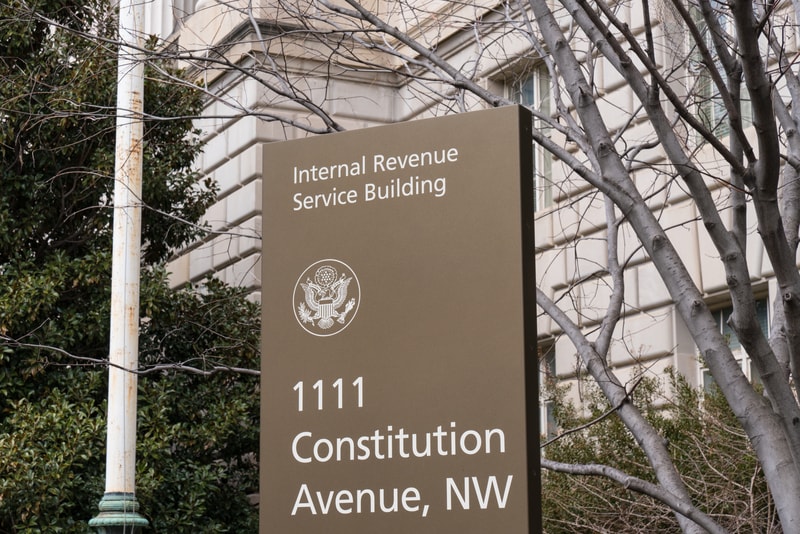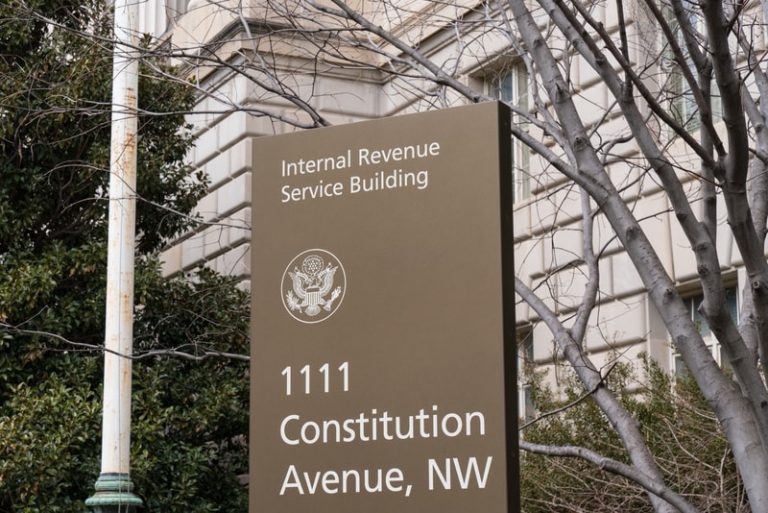US Government Shutdown Hits IRS and What Does It Mean For Crypto Tax Services?


The US federal government entered a partial shutdown on October 1, 2025, after Congress failed to pass funding legislation for fiscal year 2026 by the September 30 deadline. This marks the first shutdown since 2019 and stems from partisan disputes over spending priorities.
As of October 12, 2025, the shutdown has lasted 12 days, affecting millions of federal workers and various services. The Internal Revenue Service (IRS), under the Treasury Department, has been hit hard.
After operating on contingency funds for the first five business days, the agency began furloughing nearly 34,000 employees about 46% of its 74,300-person workforce starting October 8. This has shuttered call centers, halted most IT support, and paused administrative functions, leaving only essential staff around 53.6% on the job without pay.
Register for Tekedia Mini-MBA edition 18 (Sep 15 – Dec 6, 2025): registration continues.
Tekedia AI in Business Masterclass opens registrations.
Join Tekedia Capital Syndicate and co-invest in great global startups.
Register for Tekedia AI Lab: From Technical Design to Deployment.
While the IRS isn’t fully offline—e-filing and basic processing continue via automated systems—the disruptions are significant, especially as the October 15 deadline for extended 2024 tax returns approaches.
Taxpayers face longer wait times, delayed refunds, and slower responses to audits or notices. Furloughed workers are entitled to back pay once funding resumes, per the 2019 Government Employee Fair Treatment Act.
Implications for Crypto Tax Services

Crypto taxation falls under standard IRS rules treating digital assets like cryptocurrencies, NFTs, stablecoins as property. Transactions like sales, trades, mining rewards, staking, or payments must be reported as capital gains/losses or income on Form 1040 or equivalents, with the mandatory “digital asset question” requiring a yes/no response.
Upcoming changes include broker reporting via Form 1099-DA starting in 2026 delayed from 2025, but the shutdown exacerbates existing challenges in this complex area. The furloughs directly hit crypto users and service in many ways.
Crypto markets dipped initially but stabilized; prolonged shutdown could curb investment as seen in 2018-19 ~35-day event caused IRS recovery lag of nearly a year. the shutdown doesn’t erase crypto tax obligations but amplifies confusion and delays, potentially costing users in penalties or missed refunds.

IRS call centers are closed, and live support (phone/email) is unavailable due to furloughs. Online tools like “Where’s My Refund” are operational but overwhelmed, with no IT support for glitches.
Crypto taxpayers often need guidance on complex issues like cost basis tracking FIFO vs. specific identification, taxing DeFi transactions, staking rewards, or airdrops. Without IRS support, filers risk errors, such as misreporting airdrops as non-taxable or failing to report wallet-to-wallet transfers.
IRS enforcement divisions, including Large Business/International 74% furloughed and Small Business/Self-Employed 67% furloughed, are largely offline. Ongoing audits are paused, and new investigations are delayed.
The IRS has intensified crypto audits using blockchain aanalytics such as Chainalysis tools. The shutdown temporarily reduces audit pressure, but a post-shutdown backlog could lead to aggressive enforcement, especially for unreported gains from high-volume trading, mining, or DeFi.
Crypto users with unreported transactions from 2024 or earlier are at higher risk once operations resume. The shutdown halts progress on crypto-specific regulations, such as broker reporting rules Form 1099-DA, now delayed to 2026 and proposed rules for DeFi platforms.
Recent Senate discussions on October 1, 2025 on de minimis exemptions for small crypto transactions and stablecoin taxation are also paused. Uncertainty persists around taxing staking rewards currently income upon receipt, mining, or unrealized gains. Without clear guidance, taxpayers face challenges complying with evolving rules, risking non-compliance penalties.
For example, the lack of clarity on DeFi reporting could lead to underreporting for non-custodial wallet users. E-filing remains functional, but paper returns and manual payment processing are backlogged. Refunds, including those tied to crypto losses, are delayed due to reduced staff. The October 15, 2025, deadline for extended 2024 returns still applies, with no extensions announced.
High-volume traders or those claiming capital losses from crypto market downturns face delayed refunds, impacting liquidity. Errors in complex filings (e.g., thousands of trades or cross-chain transactions) may go uncorrected without IRS feedback, leading to penalties.
Reduced IRS enforcement may temporarily boost crypto trading confidence, but prolonged uncertainty could increase market volatility. Globally, delays in U.S. regulations may slow institutional adoption or influence jurisdictions like the EU with stricter frameworks.
Short-term market stability has held per October 2025 crypto market data, but a prolonged shutdown could mirror the 2018-19 shutdown’s impact, where IRS recovery took nearly a year, delaying crypto tax enforcement and refunds. This could deter new investors or complicate compliance for global crypto platforms operating in the U.S.
Crypto taxation is already complex due to the IRS treating digital assets as property, requiring detailed tracking of every transaction. The shutdown exacerbates this by limiting access to IRS resources, pushing taxpayers toward third-party solutions.
Post-shutdown, the IRS is likely to prioritize high-value cases, including crypto non-compliance, given its focus on digital assets since 2019. Backlogs may lead to automated notices or penalties for minor errors.
Congressional gridlock, evident in the shutdown’s cause disputes over spending and policy riders, may delay broader crypto tax reforms, such as those proposed in the Lummis-Gillibrand Responsible Financial Innovation Act or stablecoin exemptions. Taxpayers must navigate the current framework without expecting immediate relief.
Expect a flood of IRS activity— audits, notices, refunds once funding resumes. Correct any 2024 filing errors by December 31, 2025, to align with 2026 broker reporting requirements. In short, the shutdown amplifies the challenges of crypto tax compliance by cutting off IRS support and delaying guidance, but obligations remain unchanged.
Proactive filing, robust record-keeping, and reliance on private tools are critical to navigate this period and avoid penalties when IRS operations resume. While temporary, it underscores the need for clearer digital asset rules— a point echoed in recent congressional debates.





